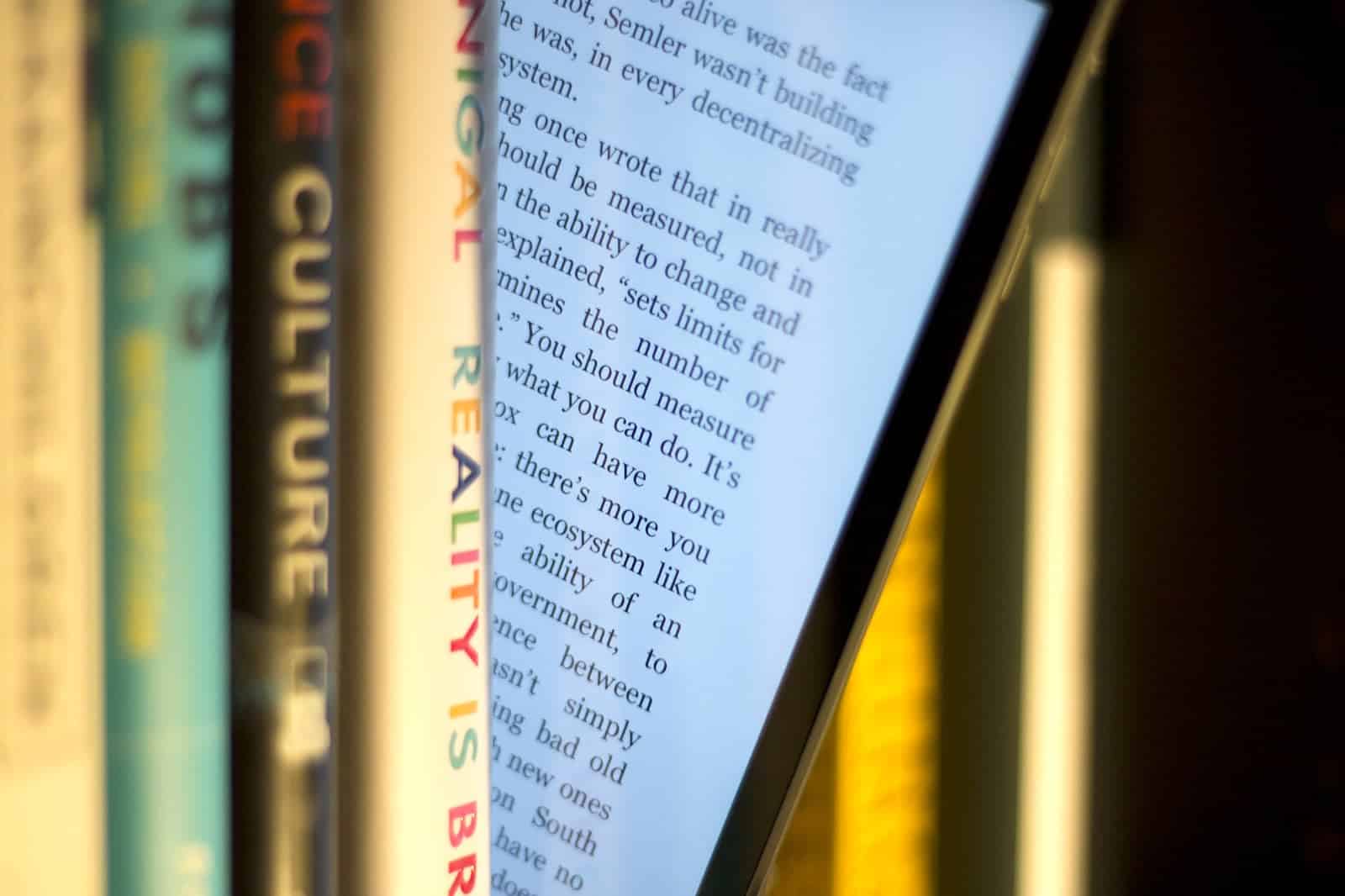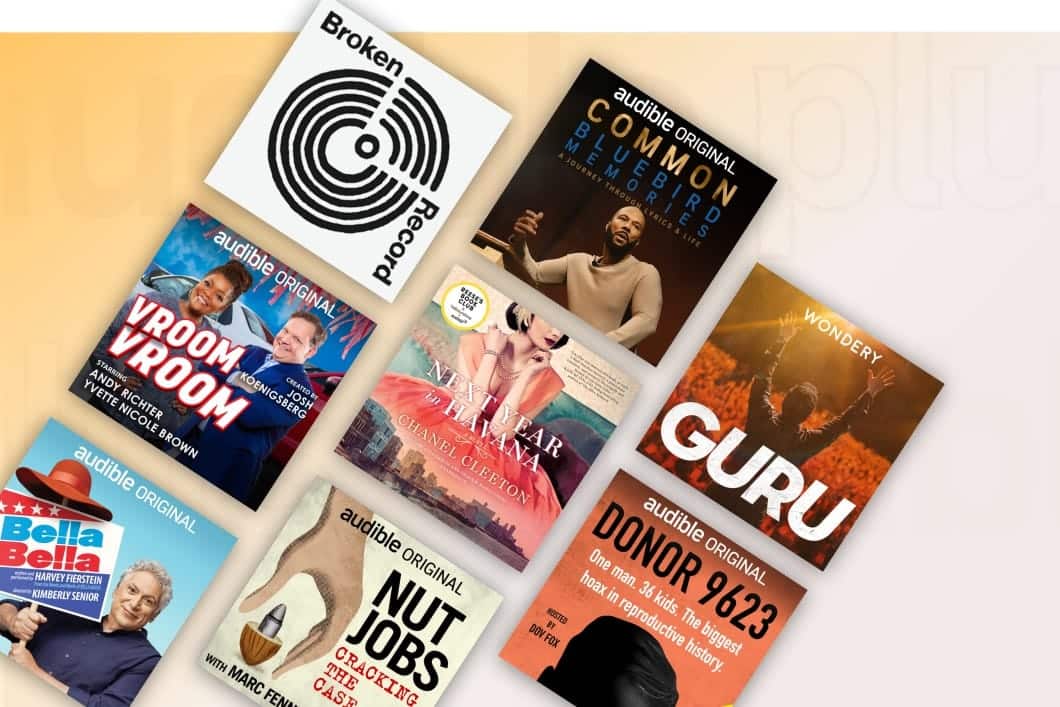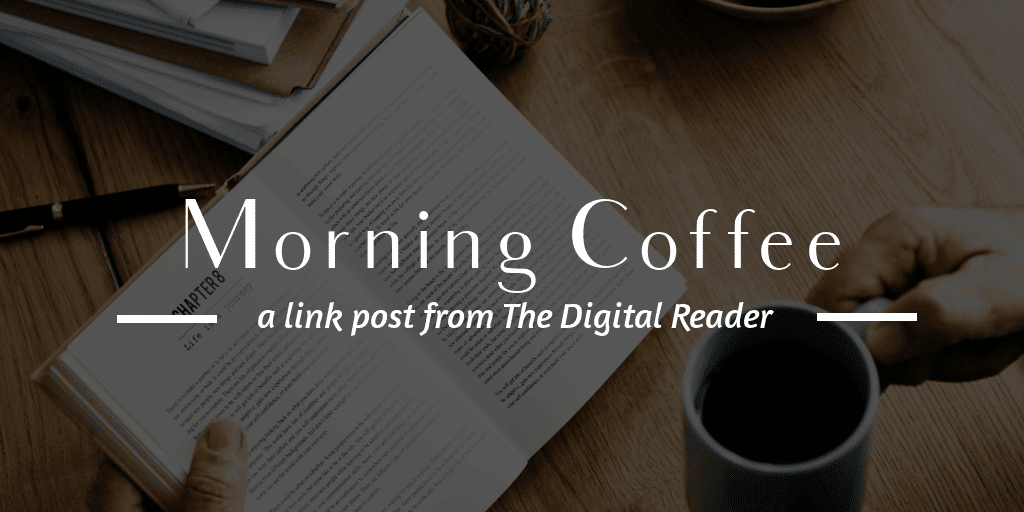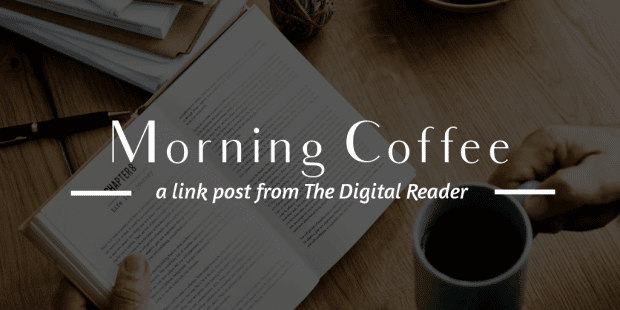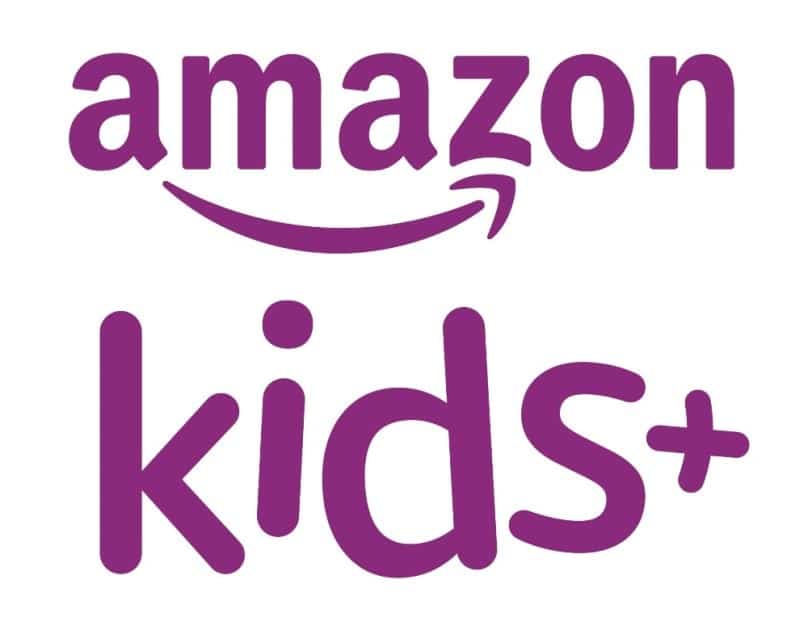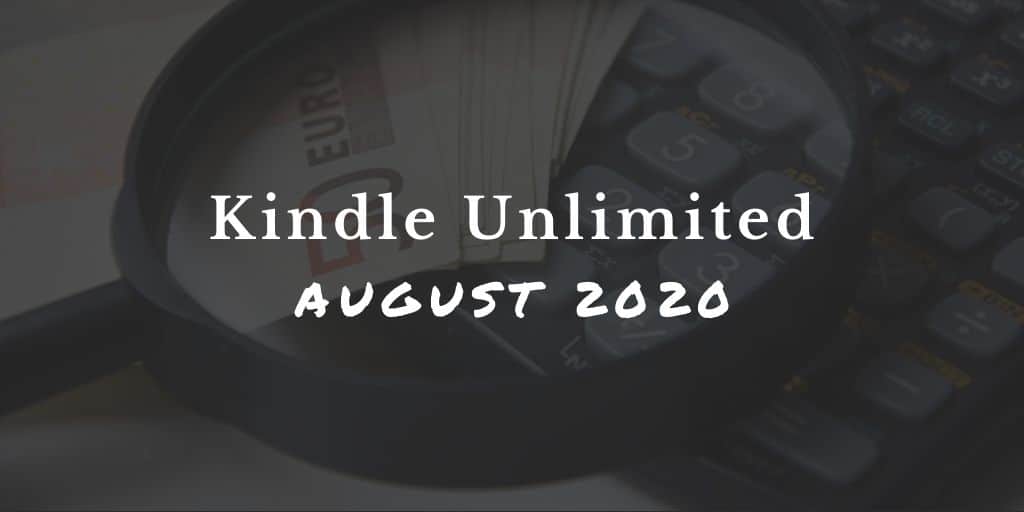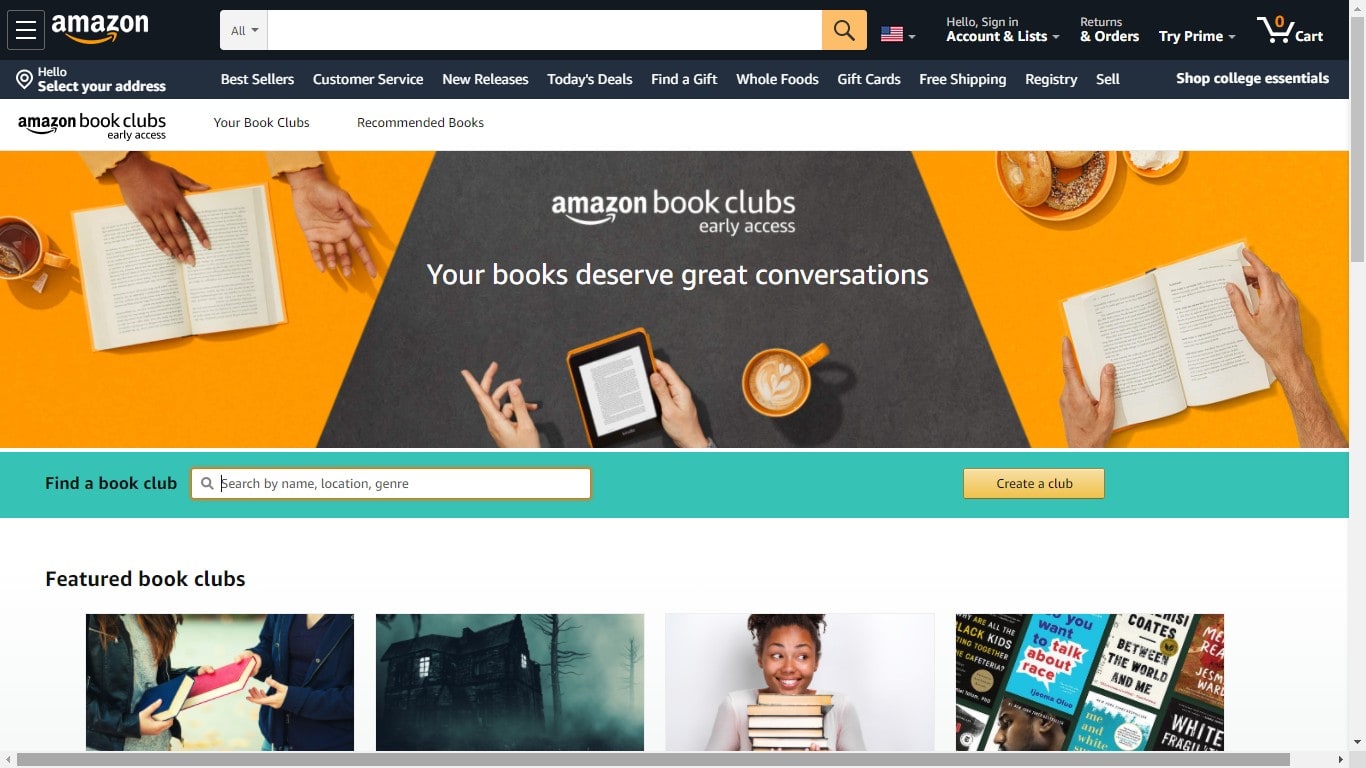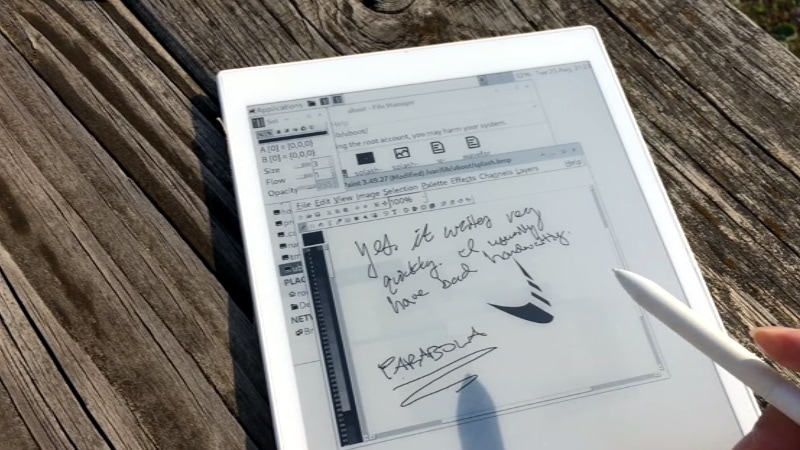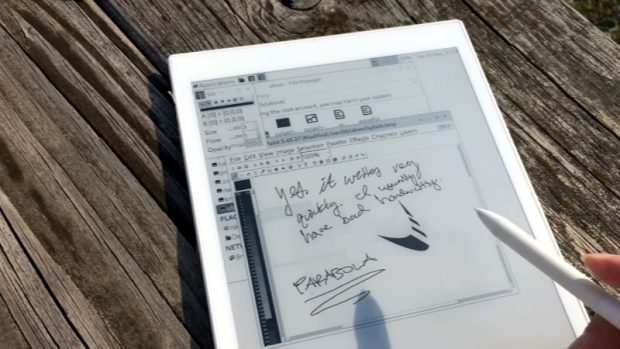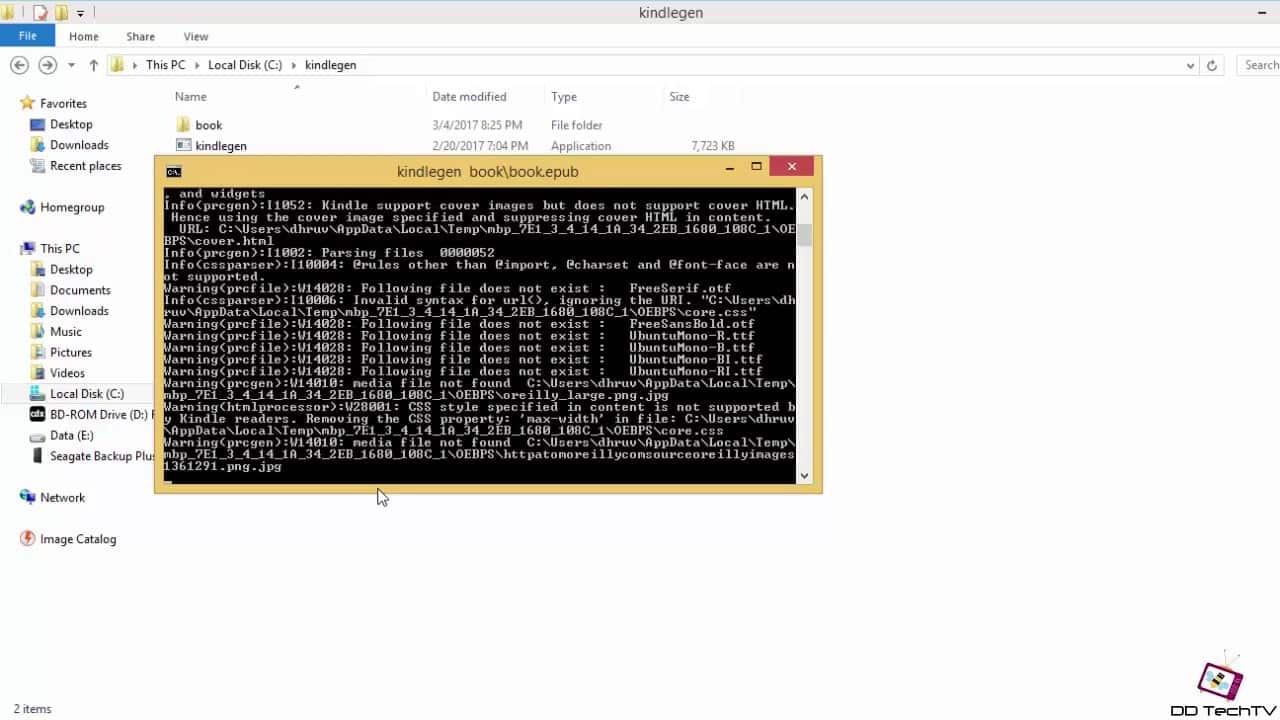Calibre just hit a major milestone. The ebook library tool usually gets a maintenance update on Fridays, but today’s update was the 5.0 release. According to the changelog, the two major changes for this release include new features for the reading app, and a Python update/upgrade.
Welcome back, calibre users. It has been a year since calibre 4.0. The two headline features are Highlighting support in the calibre E-book viewer and that calibre has now moved to Python 3.
There has been a lot of work on the calibre E-book viewer. It now supports Highlighting. The highlights can be colors, underlines, strikethrough, etc. and have added notes. All highlights can be both stored in EPUB files for easy sharing and centrally in the calibre library for easy browsing. Additionally, the E-book viewer now supports both vertical and right-to-left text.
calibre has moved to using Python 3. This is because Python 2 was end-of-lifed this year. This should be completely transparent to calibre users, the only caveat being that some third party calibre plugins have not yet been ported to Python 3 and therefore will not work in calibre 5. For status on the various plugin ports, see here. This effort involved porting half-a-million lines of Python code and tens-of-thousands of lines of extension code to Python 3. This would not have been possible without the help of Eli Schwartz and Flaviu Tamas.
- Highlighting in the E-book viewer
- Dark mode support
- Enhanced search in the E-book viewer
- Backwards incompatibilities
Calibre was launched 14 years ago as libPRS500. It was originally a Linux app intended to replace the Windows-only Sony Reader app.
Sony’s then-new PRS-500 had a proprietary USB cable with proprietary drivers (it was 2006, and this was Sony, what can you say). This presented a problem for Kovid Goyal, then a PhD student in California, and he solved it by reverse-engineering the drivers, which he then released as a very simple tool.
The tool quickly gained additional features, including format conversion and support for additional devices. In fact, by the time I first encountered it in the summer of 2007, I could use it to convert the MSReader ebooks I bought so I could read them on my Sony Reader.
LibPRS500 was renamed caibre a couple years later, and this great tool has been getting better ever since.
image by Jamais Cascio via Flickr

